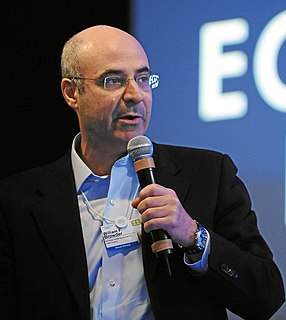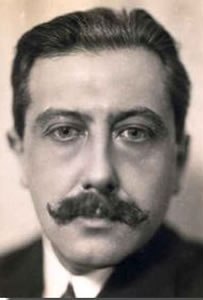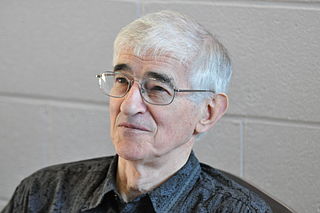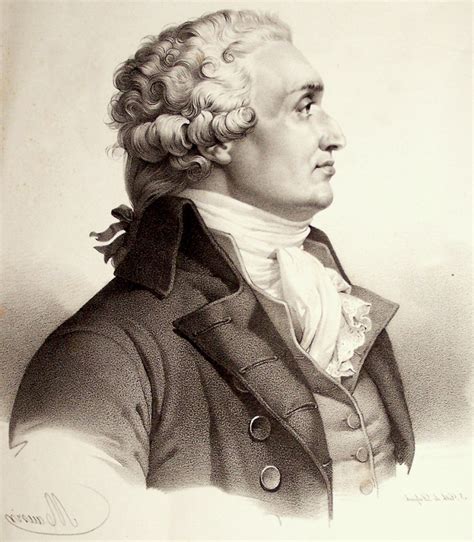A Quote by Cesare Beccaria
It is the task of theologians to establish the limits of justice and injustice regarding the intrinsic goodness or wickedness of an act; it is the task of the observer of public life to establish the relationships of political justice and injustice, that is, of what is useful or harmful to society.
Related Quotes
...the statement, "The purpose of the law is to cause justice to reign," is not a rigorously accurate statement. It ought to be stated that the purpose of the law is to prevent injustice from reigning. In fact, it is injustice, instead of justice, that has an existence of its own. Justice is achieved only when injustice is absent.
For man, when perfected, is the best of animals, but, when separated from law and justice, he is the worst of all; since armed injustice is the more dangerous, and he is equipped at birth with the arms of intelligence and with moral qualities which he may use for the worst ends. Wherefore, if he have not virtue, he is the most unholy and the most savage of animals, and the most full of lust and gluttony. But justice is the bond of men in states, and the administration of justice, which is the determination of what is just, is the principle of order in political society.
Justice in the hands of the powerful is merely a governing system like any other. Why call it justice? Let us rather call it injustice, but of a sly effective order, based entirely on cruel knowledge of the resistance of the weak, their capacity for pain, humilation and misery. Injustice sustained at the exact degree of necessary tension to turn the cogs of the huge machine-for-the-making-of-rich-men, without bursting the boiler.
The penalty of death is the only one that makes an injustice absolutely irreparable; from which it follows that the existence of the death penalty implies that one is exposed to committing an irreparable injustice; from which it follows that it is unjust to establish it. This reasoning appears to us to have the force of a demonstration.
We the People of the United States, in Order to form a more perfect Union, establish Justice, insure domestic Tranquility, provide for the common defense, promote the general Welfare, and secure the Blessings of Liberty to ourselves and our Posterity, do ordain and establish this Constitution for the United States of America.
It is the political task of the social scientist — as of any liberal educator — continually to translate personal troubles into public issues, and public issues into the terms of their human meaning for a variety of individuals. It is his task to display in his work — and, as an educator, in his life as well — this kind of sociological imagination. And it is his purpose to cultivate such habits of mind among the men and women who are publicly exposed to him. To secure these ends is to secure reason and individuality, and to make these the predominant values of a democratic society.


































